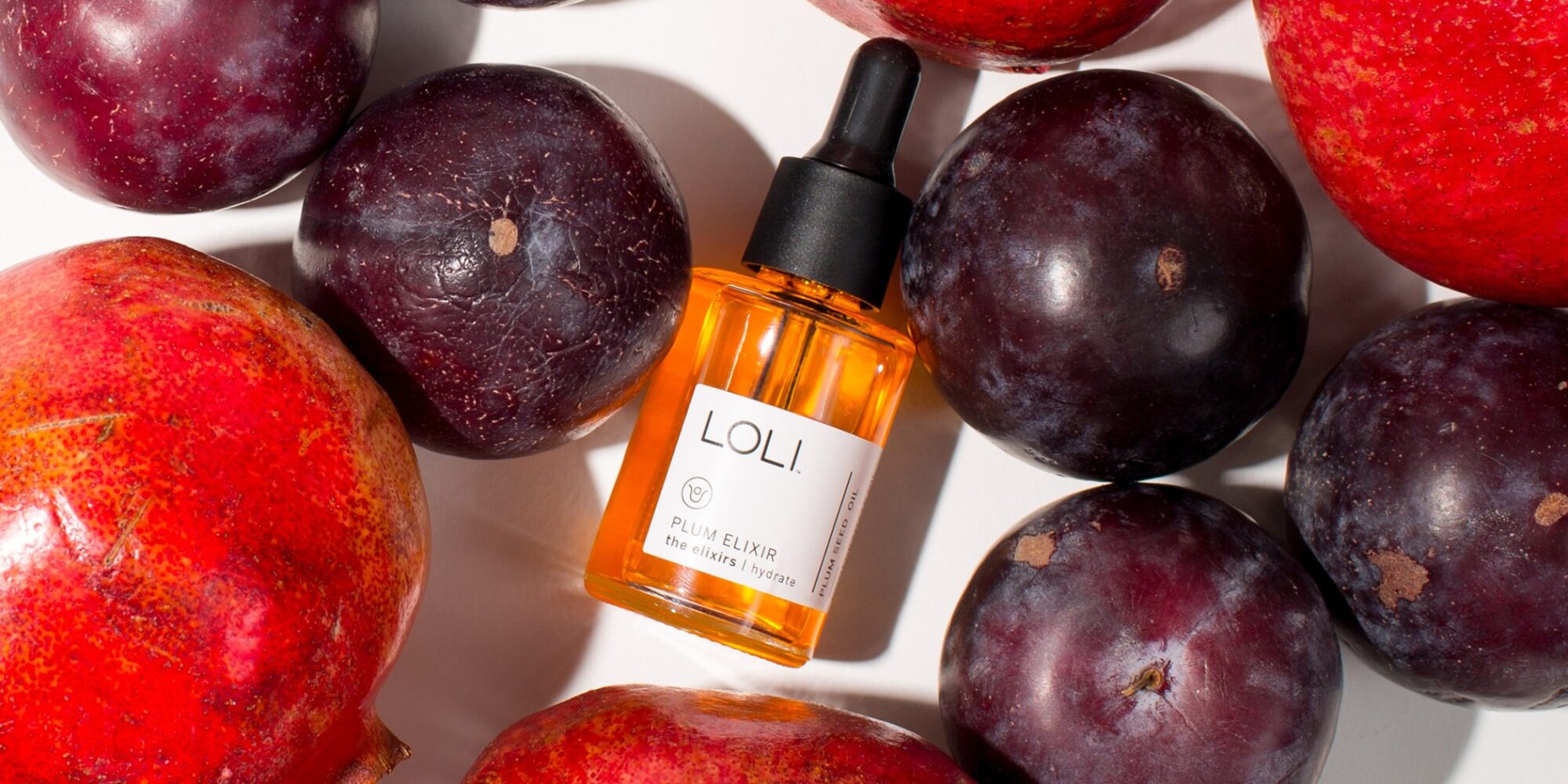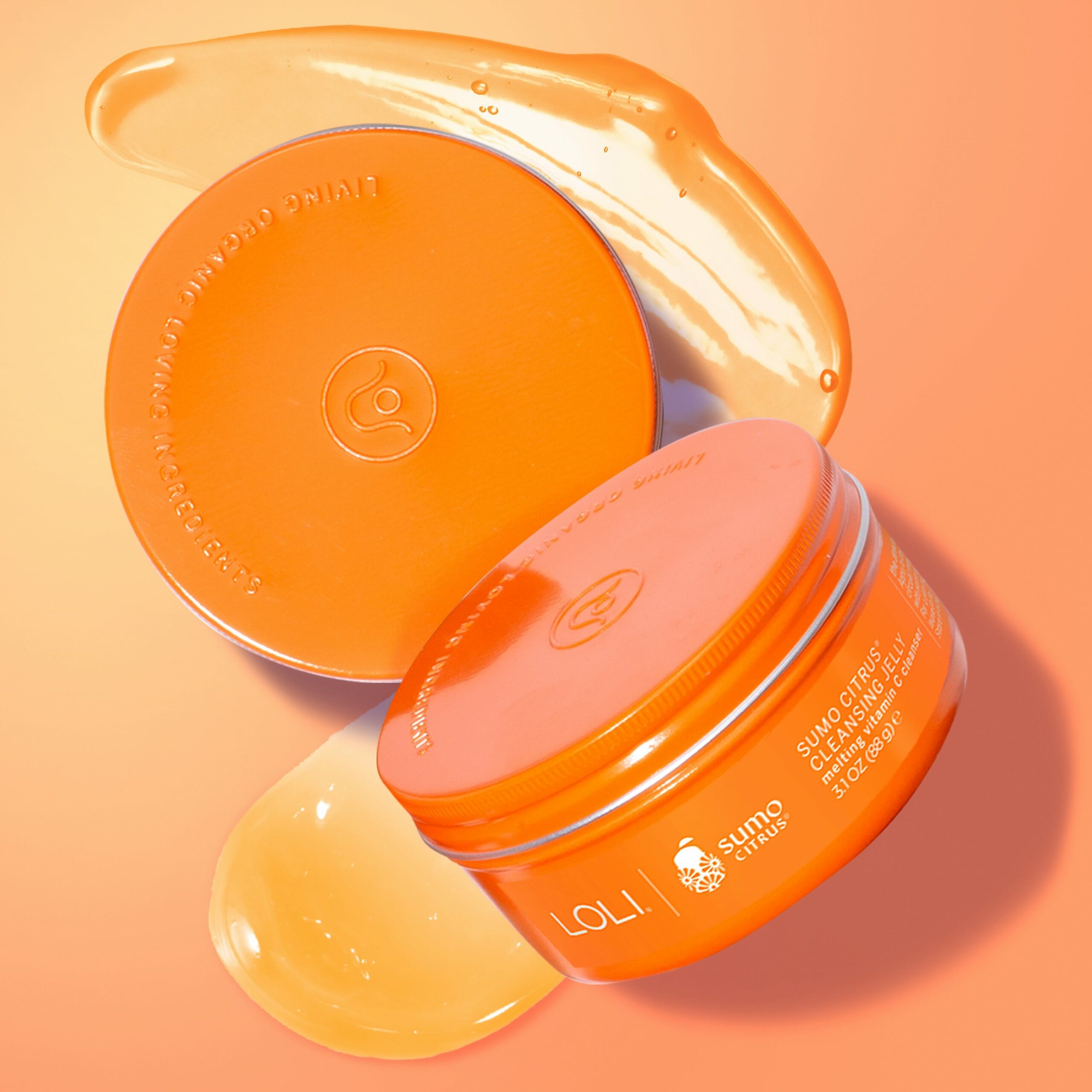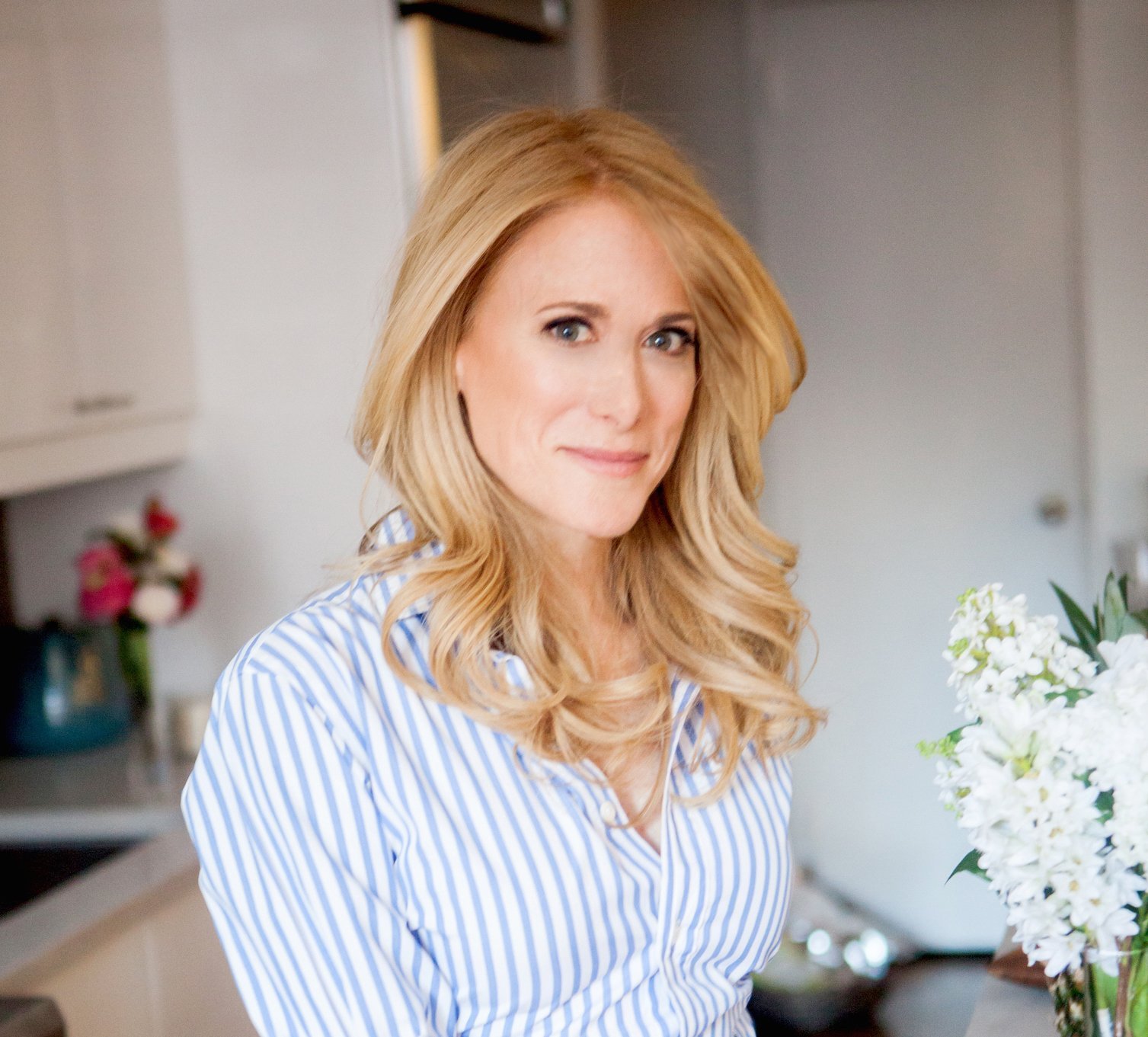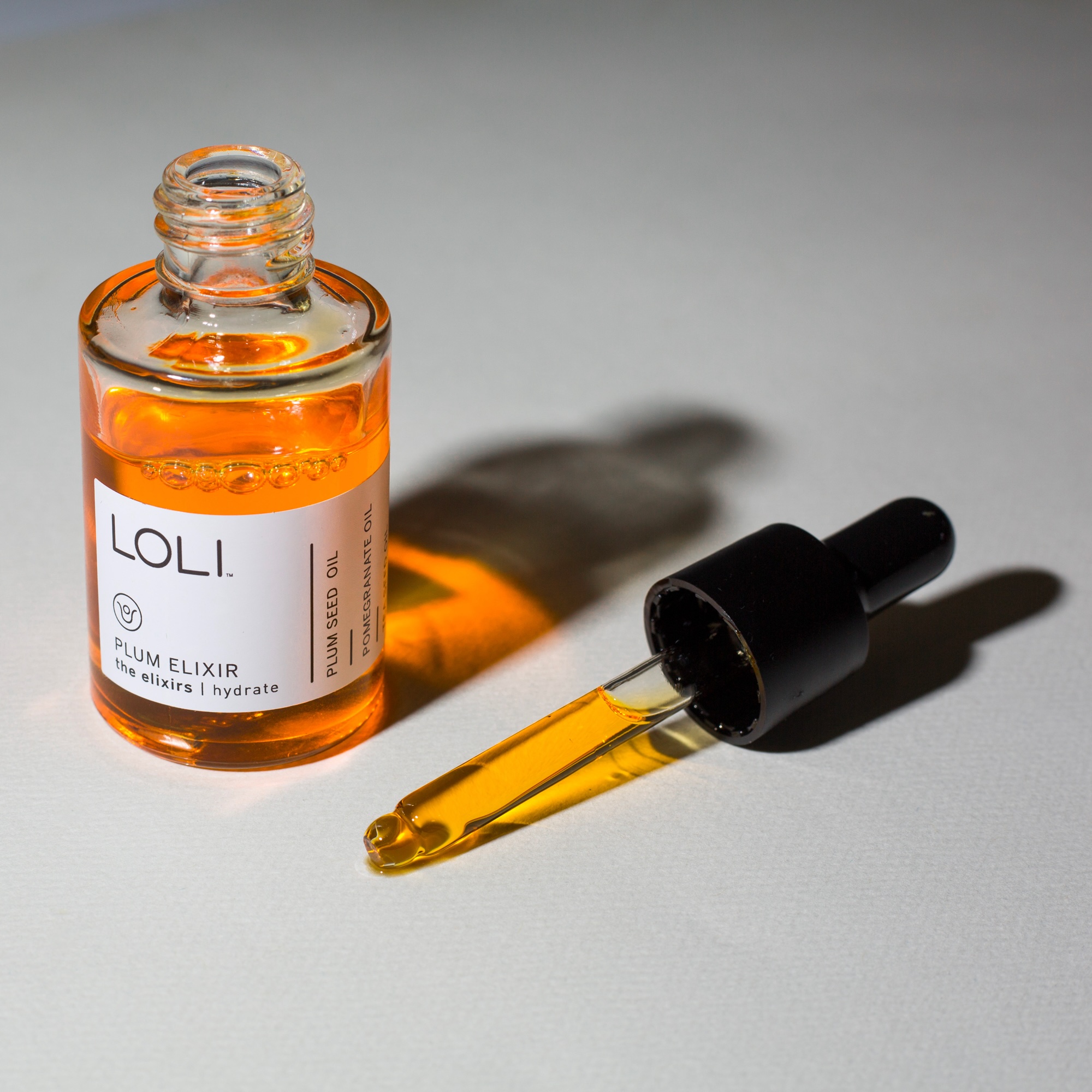
Sustainability Leader LOLI Beauty Shutters
LOLI Beauty, a sustainability leader in the beauty industry with fair-trade food-grade organic ingredients, waterless formulas and recyclable, refillable and compostable packaging, has closed.
Announced on its website, the closure comes after many months of pursuing a joint venture or change of ownership, according to founder Tina Hedges, who explains a deal in motion to sell the brand was rendered impossible by a $500,000 United States Small Business Administration Economic Injury Disaster Loan it took out in the wake of the pandemic that placed a lien on it and required Hedges to make a personal guarantee. Without additional capital, LOLI Beauty couldn’t support its operations.
Hedges says EIDL loans “weren’t meant to impede small business from transacting or raising money or, if the businesses faltered, putting the owner or founder in a difficult place, but many, many, many businesses are in default at this point. That’s what ended up happening. It became impossible to either raise money or to transact with this loan because everything had to go through an approval process, and you are dealing with the government, and there is no one on the other side to even talk to or negotiate with.”
She continues, “For all the accolades and all the momentum and fanhood that we had, which was enormous, we didn’t have the dollars to compete in marketing and paid to acquire new customers. So, therefore, our revenue slowly eroded because we were only able to market to our existing fan base, and nowadays, that’s not a way to grow a business. On top of that, the cost of doing business has escalated on every single line item, and we were sourcing ingredients from around the world.”
Mike Edelhart, managing partner at venture capital firm Joyance Partners, a backer of LOLI Beauty, says, “We invested in LOLI at the very beginning because we believed in Tina as a beauty product wizard and thought the concept of the purest cosmetics on earth was an idea whose time was right. In the end, while Tina did everything she said she’d do, the product simply turned out to not be as attractive to the market as we had hoped. Even so, in a more ebullient investment market, I think Tina’s progress might have attracted the additional capital she needed, but, in this harsh VC market, the support wasn’t there. LOLI wasn’t alone in that.”

Following a long career at both established beauty conglomerates and startups, including Dior, Estée Lauder, L’Oréal, NuFace and Jonathan Product, Hedges launched LOLI Beauty in 2017 as a do-it-yourself skincare personalization concept described as the “Blue Apron of beauty” that replicated the process of assembling a dish by offering bases, oils and infused waters that could be combined to create a product. The brand’s name is an acronym for “living organic, loving ingredients.”
In 2018, LOLI Beauty shifted away from the DIY personalization aspect and pushed its sustainability positioning front and center. Back then, sustainability was still predominantly isolated in granola corners of the beauty industry. As part of its sustainability push, LOLI Beauty highlighted its use of upcycled ingredients such as the French Ente plum kernel in its bestselling Plum Elixir and Sumo citrus in its Sumo Citrus Cleansing Jelly. Between 2018 and 2019, the brand’s sales climbed 1,000% as consumers responded to its sustainability messaging. Prior to closing, it had 12 full-size products priced from $38 to $68.
“LOLI played a significant role in changing the beauty landscape and making it more clean and conscious.”
LOLI Beauty was widely celebrated for its sustainability achievements. In 2019, the brand won CEW’s Sustainability Excellence Award. The year before, Fast Company feted it with an Innovator Award in fashion and beauty. In 2021, LOLI Beauty entered Ulta Beauty under its Conscious Beauty umbrella. Although the heart of its business was direct-to-consumer distribution, LOLI Beauty was also available at Grove Collaborative and on Amazon via Carbon Beauty.
“LOLI played a significant role in changing the beauty landscape and making it more clean and conscious,” says Hedges. “When I stood up on the stage at CEW and won the sustainability award beating out L’Oréal and Biossance that had huge budgets, it was really a pivotal moment where the beauty industry was going to stop and think about what they were doing. If that’s our legacy, I’m super proud of it. I don’t see this as a failure, I see this as an incredible learning experience.”

One of Hedges’ biggest learnings from LOLI Beauty is that she should’ve taken on a greater amount of funding at the brand’s earliest stage. In its first round, it raised roughly $1 million to get underway. Talking to Beauty Independent in 2019, Hedged mentioned she would’ve liked to raise triple that amount.
All told, the financial information resource PitchBook estimates LOLI Beauty raised roughly $3 million in funding. Along with Joyance Partners, among the brand’s investors were Fable Investments, the venture capital arm of Natura & Co.; Redo Ventures, the family office of the L’Occitane family; Emami; and Marie Claire Beauty Ventures. In 2020, LOLI Beauty secured venture debt that didn’t involve diluting equity. Ultimately, the brand couldn’t reach the growth metrics the debt was tied to and had to search for alternative sources, causing it to turn to the SBA.
“I don’t see this as a failure, I see this as an incredible learning experience.”
Another learning from LOLI Beauty is that sustainability is a tricky sell, and the brand had to do a ton of education on it because its sustainability positioning was multifaceted. LOLI Beauty isn’t alone in discovering that sustainability isn’t a chief purchase motivator for most consumers. Preceding it, sustainability-focused beauty brands Luxe Botanics, Plus and Fiils shuttered.
“The old adage, ‘Do as I say, not as I do,’ applies to sustainability in beauty,” says Hedges. “The consumer mindset and heart is sustainability matters, but they can’t help themselves, and the addiction and dopamine hit they get from what’s trending on TikTok, influencer endorsements and wanting to be in the know, they don’t necessarily apply their sustainability filter to that.”

Saddened that LOLI Beauty is over, Victoria Maddocks, founder and creative director of Maddocks Agency, a marketing, creative and public relations company that’s worked with Hedges on projects outside of LOLI Beauty, lauds the brand for standing out with a “distinct brand identity that was consistently reflected in every aspect of its expression.” She says, “I know how challenging it can be to maintain a unique brand voice and consistently express it across multiple touch points, especially as a brand scales. To do this well, the team must become brand evangelists, and LOLI did exactly that, always delivering on its promise to consumers. The brand was relevant and resonated deeply with its audience through its commitment to sustainability and product integrity.”
Consulting for the foreseeable future, Hedges believes there will always be room for newness in beauty, but, with consumers not highly loyal to specific brands, undercapitalized brands will run into trouble chasing them. She says, “We have had an unprecedented few years where everyone has launched a brand and there is just too many…You can’t be profitable if you are paying for a customer, but they don’t have lifetime value because they are inundated by choices. I think we are going to have a huge correction.”





Leave a Reply
You must be logged in to post a comment.